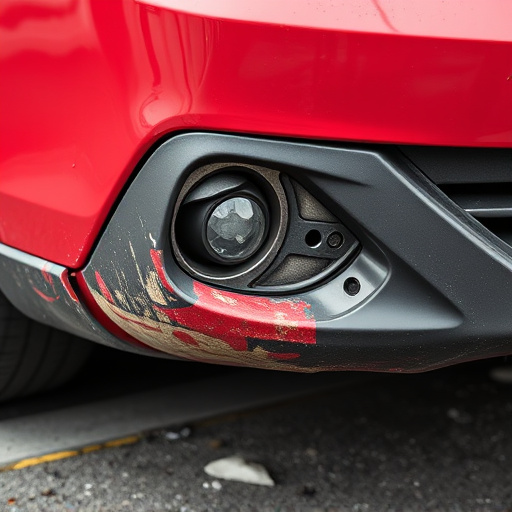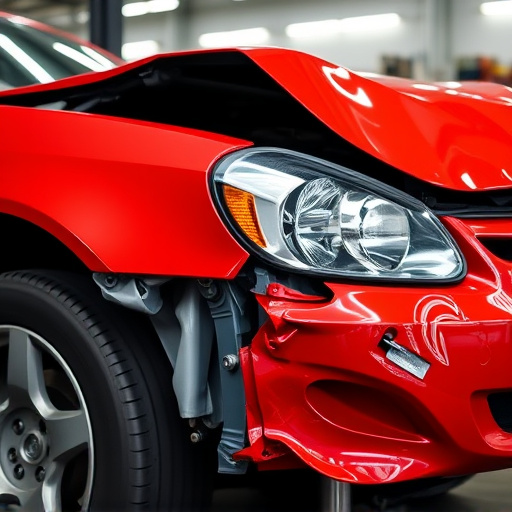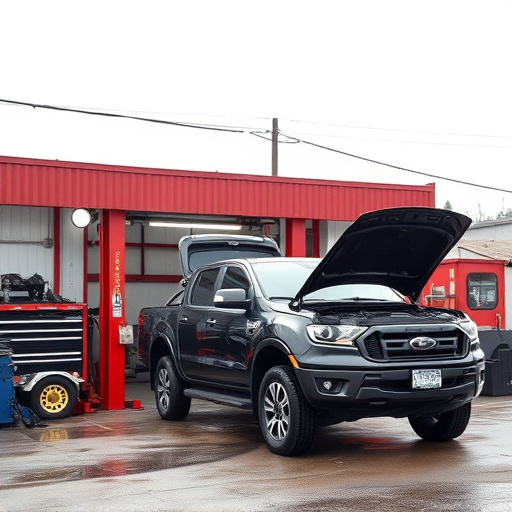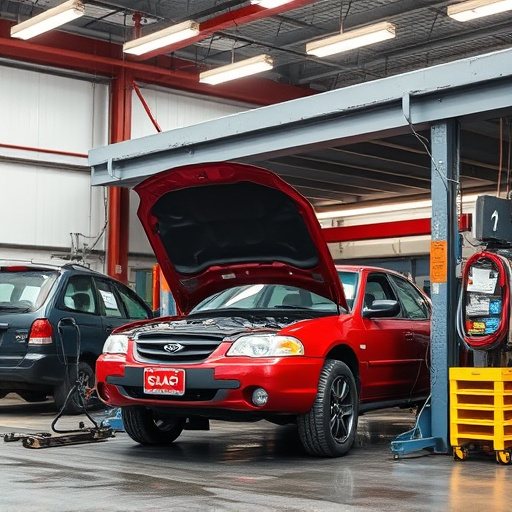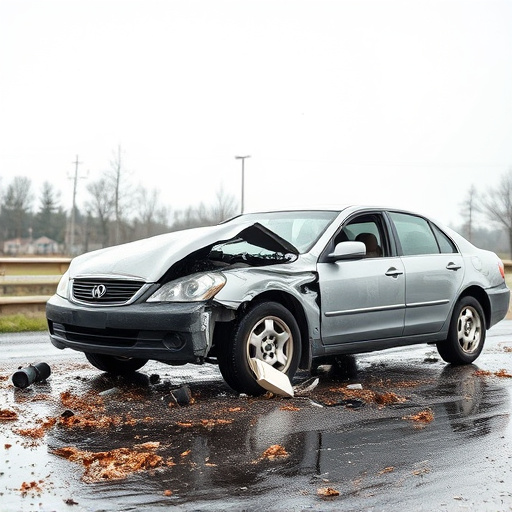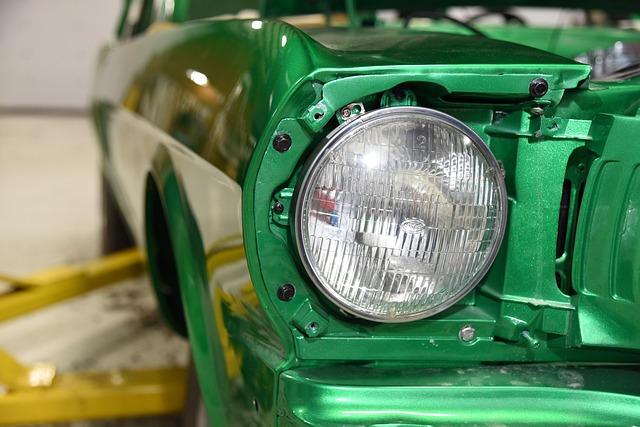Collision repair audits are essential for fleet and commercial vehicle operators to maintain quality, safety, and efficiency. These audits ensure auto repair shops follow correct procedures, using proper materials and techniques, thus restoring vehicles' structural integrity. Regular checks prevent future issues, save costs, and optimize fleet performance, making audits a valuable tool for reliable operations and enhanced safety standards.
Collision repair audits are essential for maintaining the integrity and safety of fleet and commercial vehicles. This comprehensive review process ensures that repairs meet industry standards, extending vehicle lifespan and optimizing operational efficiency. By scrutinizing repair work, audits identify potential issues, prevent costly missteps, and enhance overall fleet management. In this article, we’ll explore the key essentials of collision repair audits, their significant benefits for commercial fleets, and effective strategies for successful implementation.
- Understanding Collision Repair Audit Essentials
- Benefits for Fleet and Commercial Vehicles
- Effective Implementation Strategies for Audits
Understanding Collision Repair Audit Essentials
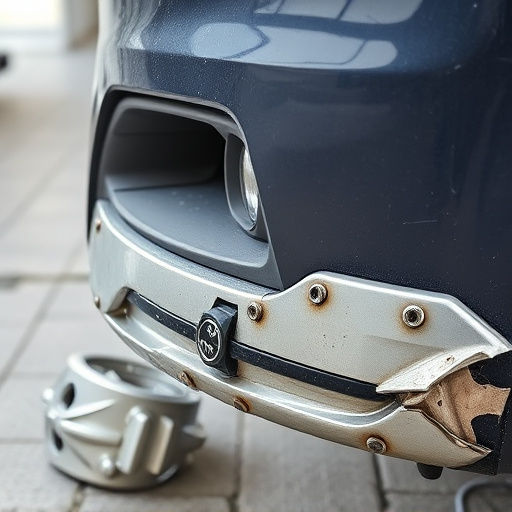
A collision repair audit is a critical process for fleet and commercial vehicle operators to ensure the highest quality and safety standards in their vehicle maintenance. It involves a comprehensive assessment of the repair work performed at an auto repair shop, focusing on accuracy, adherence to industry best practices, and compliance with manufacturer guidelines, especially for high-end brands like Mercedes-Benz collision repair.
This audit ensures that every repair or restoration process is executed correctly, utilizing the right materials and techniques. It verifies that the vehicle’s structural integrity is fully restored, enhancing safety and performance. For commercial fleet managers, a well-conducted collision repair audit can lead to significant cost savings by preventing future issues and ensuring vehicles are maintained at peak condition, thus optimizing their fleet’s overall efficiency in the long run.
Benefits for Fleet and Commercial Vehicles
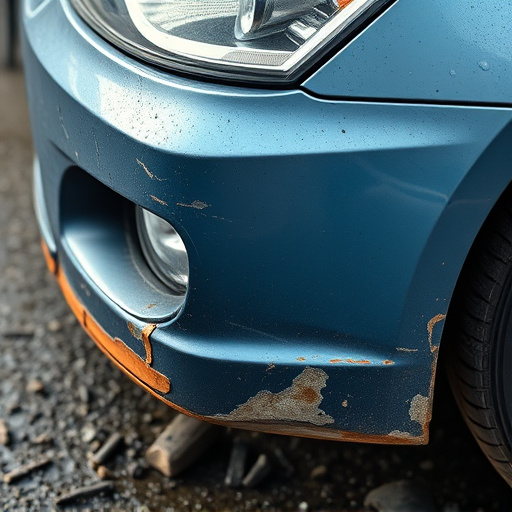
Collision repair audits offer significant advantages for fleet and commercial vehicle owners. By implementing regular and thorough audits, businesses can ensure that their vehicles are maintained to the highest standards, which is crucial for safety and operational efficiency. These audits act as a systematic check, identifying any potential issues with repairs, parts replacement, or structural integrity long before they escalate. This proactive approach not only saves time and money but also minimizes downtime, ensuring your fleet remains on the road and productive.
Moreover, collision repair audits enhance the overall reliability of these vehicles, which are often critical assets for commercial operations. A well-maintained fleet reduces the risk of breakdowns or accidents, leading to improved safety for drivers and passengers alike. For businesses relying on reliable transportation, such as delivery services or logistics companies, this can mean the difference between smooth, efficient operations and costly disruptions. Therefore, investing in collision repair audits is not just a smart strategic move but also a necessary step towards optimizing fleet performance and safety.
Effective Implementation Strategies for Audits
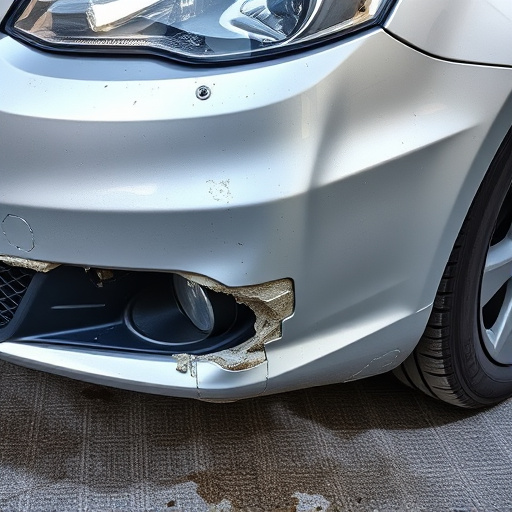
Effective collision repair audit implementation requires a structured approach tailored to fleet and commercial vehicle operations. Start by setting clear objectives aligned with your business goals. Define the scope, including types of vehicles, facilities, and personnel involved. Develop a comprehensive checklist covering all aspects of the collision repair process – from initial assessment to final inspection. Utilize digital tools for efficient data collection and real-time analysis, ensuring accuracy and transparency.
Train staff on the audit protocol, emphasizing attention to detail and adherence to industry standards. Regularly review and update the audit process based on feedback and changing requirements. Integrate findings into continuous improvement initiatives, focusing on enhancing car body restoration and hail damage repair quality while streamlining operational efficiency.
A collision repair audit is an indispensable tool for fleet and commercial vehicle managers. By implementing a structured audit process, businesses can ensure that repairs are carried out efficiently, adhering to industry standards and manufacturer specifications. This not only maintains the integrity of the vehicles but also optimizes maintenance costs and enhances operational safety. Embracing effective audit strategies allows fleet owners to navigate the complex landscape of collision repair services, fostering a culture of transparency, quality, and cost-effectiveness.
